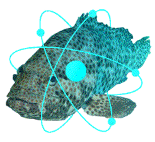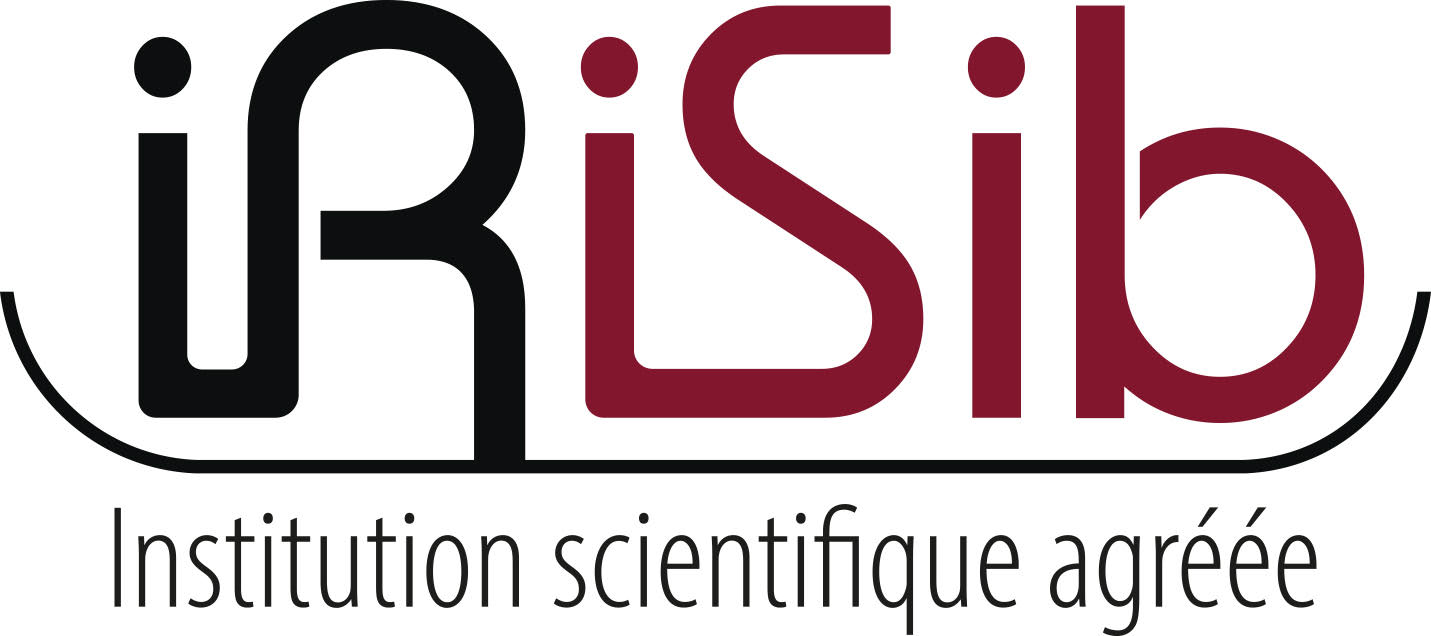What is the CHERNE network ?
CHERNE is an open network bringing together academic institutions involved in education in Nuclear Engineering and Radioprotection.
Created in 2005, it allows the sharing of large experimental devices and specific competences of teaching staff. It is composed of 19 partners representing 8 countries.

CHERNE Organization
A minimal administrative organisation:
- Secretary elected at the annual meeting.
- Helped by an advisory committee
- Web page through which the activities of the network are communicated: www.irisib.be/cherne
- Bulletin: have to be digitised
- Databases for Erasmus placement and skills (Caroline Licour)
- Annual Meeting to evaluate the activities of the network and discuss new proposals.
- Annual Workshop open to non-members.
- For the moment no fee is foreseen for CHERNE membership.
Organizing different learning/research activities:
- Specific course of an Institution open to students of partners (increase the teaching offer)
- IP courses (with the support of the European Lifelong learning program)
- Erasmus exchanges
- Access to PhD
Scope of activities
The CHERNE network is open to all activities related to higher education in nuclear or radiological engineering.
The language of CHERNE activities is English.
Each partner is expected to organise or co-organise at least one activity per year.
CHERNE teaching activities are modules of at least 1 week/2ECTS open to the students of other partners.
Attention is given…
- to include a strong practical part (experimental and/or computational),
- to minimise the costs for the students, and
- to involve the participation of young colleagues
Declaration of cooperation
The latest version of the declaration of cooperation can be found here:
CHERNE – Declaration of Cooperation
CHERNE membership (How to apply)
Academic institutions, research institutions, companies or individuals are accepted as associate members on presentation by two full members, including at least one European academic member.
The new membership should be approved by an academic authority of the partner, signing the CHERNE declaration on all its pages.
Communications can be done by e-mail, but all documents should be sent by post to the Secretary as soon as possible and in any case before the CHERNE Annual Meeting.
Original documents should be sent in the following order:
- Presentation letters.
- Agreement letter.
- Official approval documents signed by the academic authority.
After receiving each document, the Secretary will send an acknowledgment of receipt by e-mail.
Academic or research institutions that have (co)organised a CHERNE activity in the last year or will do so in the next year become automatically full members.
Full members have the right to vote in the general assembly.
The list of full and associated members is updated at the Annual Meeting.
MEMBERS according to the last council (2023)
Full Members
- Universidad Politécnica de Valencia (UPV), Valencia (Spain)
- Institut Supérieur Industriel de Bruxelles (HE2B- ISIB) – (Belgium)
- Hasselt University, Diepenbeek (Belgium)
- Czech Technical University in Prague (Czech Republic)
- Facoltà d’Ingegneria, Alma Mater Studiorum – Università di Bologna (Italia)
- Universidade da Beira Interior (UBI), Covilhã (Portugal)
- Department of Physics, Università degli Studi di Milano (Italia)
- Institute of Physical Chemistry and Radiochemistry ,Hochschule Mannheim (Germany)
- Belarusian State University, Minsk (Belarus).
Associated Members
- Universidad de Salamanca (Spain)
- Aristotle University of Thessaloniki (Greece).
- Instituto Superior Tecnico (IST), Lisboa (Portugal)
- Energy Department-Nuclear Section and not Nuclear Engineering Department. Politecnico di Milano (Italia)
- Department of Nuclear Engineering of Università degli Studi di Palermo (Italia)
- Department of Physics, Università degli Studi di Messina (Italia)
- Universidade de Coimbra (Portugal)
- National Technical University of Athens (Greece)
- University of Applied Sciences Aachen, Jülich Campus (Germany)
- Università degli Studi di Catania (Italia)
Individuals
- Dr. Dieter Hennig, Berlin (Germany)
- Prof. Francois Tondeur, Brussels (Belgium)
- Prof. Herwig Janssens, Diepenbeek (Belgium)
Contact
Dr. Isabelle Gerardy : igerardy@he2b.be
CHERNE Secretary, HE2B-ISIB
Rue Royale 150, 1000 Brussels
Belgium
